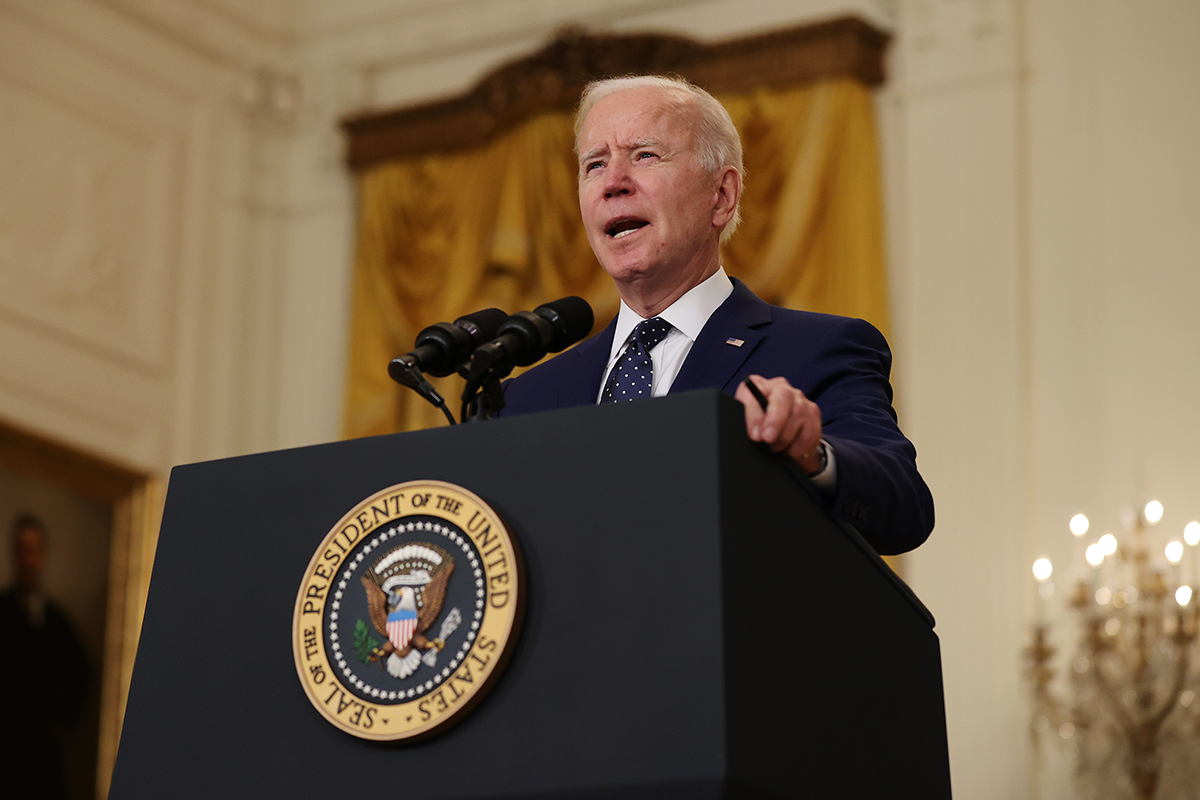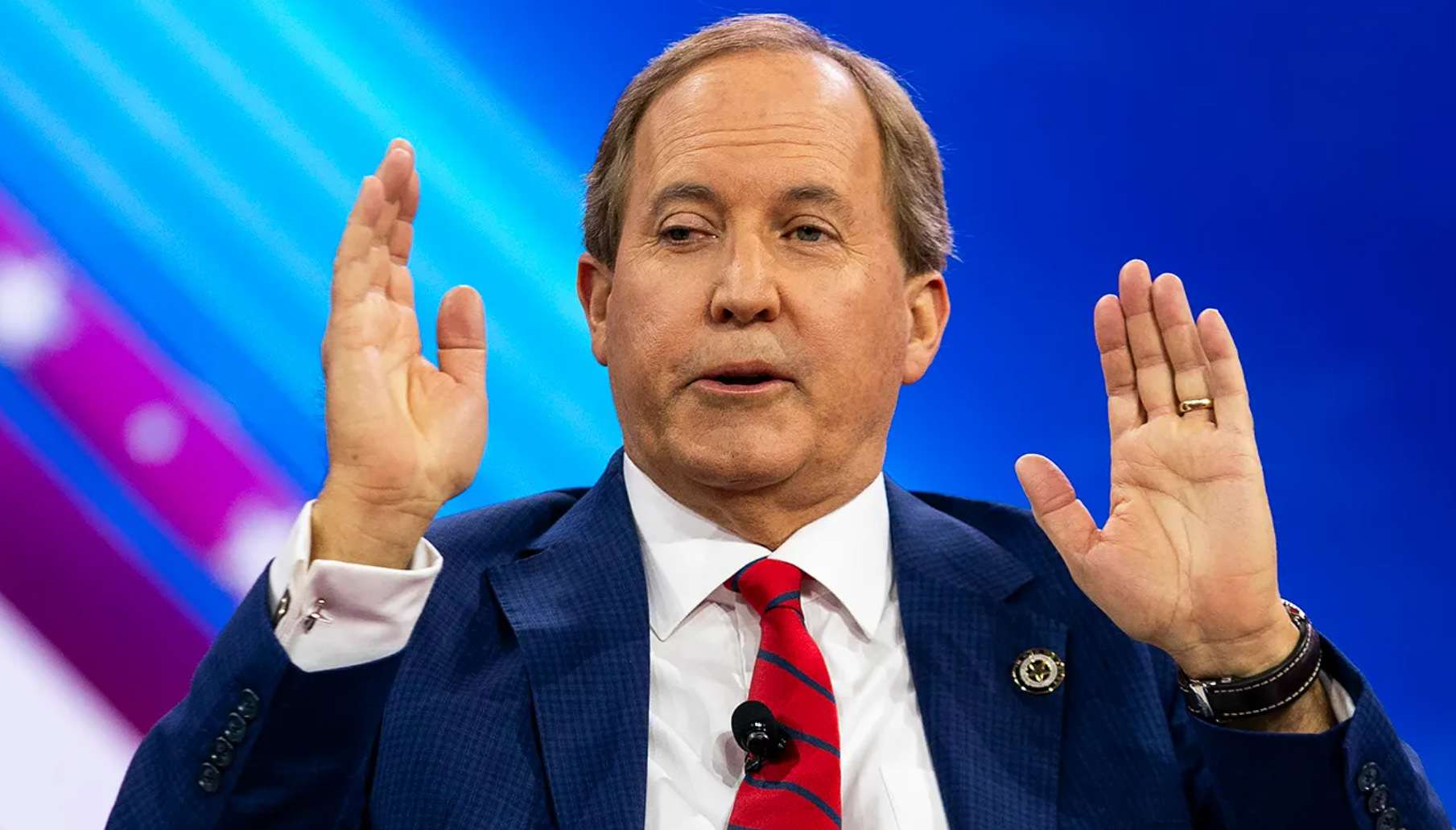A recent legal settlement in Florida clarifies the controversial “Parental Rights in Education” law, dubbed by critics as “Don’t Say Gay.” The settlement carves out a path for teachers to discuss sexual orientation and gender identity in certain classroom settings, easing anxieties for educators and LGBTQ+ students alike.
A Law Mired in Controversy: “Don’t Say Gay” and its Chilling Effect
The “Parental Rights in Education” law, signed by Florida’s Republican governor in March 2022, sparked immediate controversy. The law’s vague language prohibited instruction on sexual orientation or gender identity in kindergarten through third grade and restricted discussing these topics “in a manner that is not age appropriate” in all other grades. Critics, including LGBTQ+ advocacy groups, parents, students, and teachers, argued the law would have a chilling effect on discussions of LGBTQ+ topics in schools. Educators expressed confusion and fear over how, or if at all, they could address LGBTQ+ themes in their classrooms.
The law further stipulated that teachers who violate the policy could face suspension or lose their teaching licenses. This punitive aspect added to the chilling effect, causing many educators to self-censor and potentially avoid addressing LGBTQ+ topics altogether, even during organic classroom discussions.
A Legal Challenge and a Settlement with Clarifications
More than a dozen plaintiffs, including civil rights organizations, parents, students, and teachers, filed a lawsuit challenging the law’s vagueness just days after it was signed. The lawsuit argued that the law restricted free speech and infringed upon the rights of LGBTQ+ students and educators.
The legal settlement, reached in March 2024, offers a sigh of relief for many. The settlement clarifies that the law only applies to formal classroom instruction, such as a planned lesson specifically focused on sexual orientation or gender identity. Discussions that arise naturally during class participation or student work are no longer restricted.
The settlement also clarifies that the law does not ban materials like library books that reference LGBTQ+ topics. This is a significant win for students who may find comfort and representation in such books.
A Nationwide Trend: Restrictions on LGBTQ+ Discussions in Schools
Florida’s “Don’t Say Gay” law is not an isolated incident. A nationwide trend of conservative-led legislation seeks to restrict discussions of gender identity and sexuality in classrooms. Additionally, some states are pushing for bans on books with LGBTQ+ characters, authors, or themes in public libraries and schools. Critics argue these efforts aim to limit LGBTQ+ representation and rights.
The Florida settlement comes on the heels of a recent federal appeals court ruling. The court upheld a lower court decision that part of Florida’s anti-“woke” law infringed on the free speech rights of employers who wanted to require staff diversity and inclusion training. These legal challenges signal a growing pushback against measures that restrict discussions of LGBTQ+ topics.
The Impact on Florida Classrooms: Relief for Teachers and Students
The settlement provides much-needed clarity for Florida teachers. Educators can now respond to students who share details about their same-sex parents, provide feedback on student work that touches on LGBTQ+ topics, and answer questions about their own LGBTQ+ relationships or families. This fosters a more inclusive classroom environment where students feel comfortable expressing themselves.
The settlement also emphasizes that the law does not prohibit school personnel from intervening when a child is being bullied due to their gender or sexuality. This ensures a safe learning environment for all students, regardless of their sexual orientation or gender identity.
Reactions to the Settlement: A Victory for Some, a Loss for Others
The settlement has been met with mixed reactions. LGBTQ+ advocacy groups and the plaintiffs in the lawsuit view it as a major victory. They celebrate the clarification on discussions, the protection against bullying, and the ability of LGBTQ+ students and teachers to be more open about themselves.
Florida’s governor, however, sees the settlement as a win for his administration. He maintains that the law remains in effect and will protect children from inappropriate instruction. His administration sees the settlement as a way to end the legal challenge and move forward.
While the settlement offers some relief, it doesn’t erase the concerns raised by the original law. The core concept of restricting discussions on sexual orientation and gender identity in certain grades remains.
Looking Ahead: The Fight for LGBTQ+ Rights in Education
The Florida settlement is a step forward for LGBTQ+ rights in education. However, the nationwide trend of legislation restricting LGBTQ+ discussions necessitates continued vigilance. Advocacy groups will likely continue to challenge such laws, ensuring that schools remain inclusive and supportive for all students.
This settlement serves as a reminder of the importance of clear communication and well-defined policies in education. Vague laws




